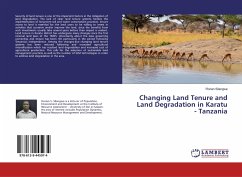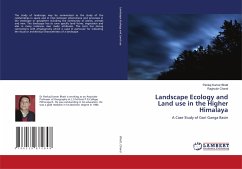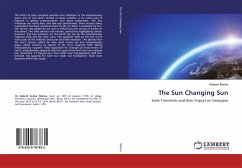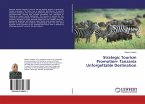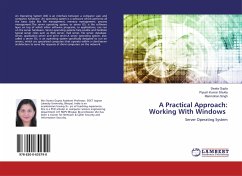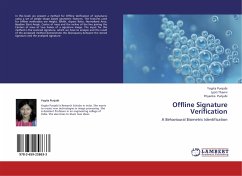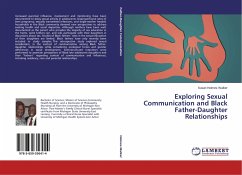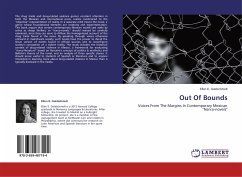Security of land tenure is one of the important factors in the mitigation of land degradation. The lack of clear land tenure systems hinders the implementation of long-term soil and water conservation practices. Secure access to land is essential for the land users to be willing to invest in activities that conserve and/or improve the land, since the benefits from such investments usually take several years before their impact is evident. Land tenure in Karatu district has undergone many changes since the first colonial land laws of the 1920's. Uncertainty about the laws governing ownership and tenure has been rife particularly in the period following Tanzania's independence. Among the changes due changing land tenure systems has been reduced fallowing and increased agricultural intensification which has resulted land degradation and increased cost of agricultural production. This calls for the adoption of sustainable land management practices as well as the number of SLM technologies in order to address land degradation in the area.
Bitte wählen Sie Ihr Anliegen aus.
Rechnungen
Retourenschein anfordern
Bestellstatus
Storno

